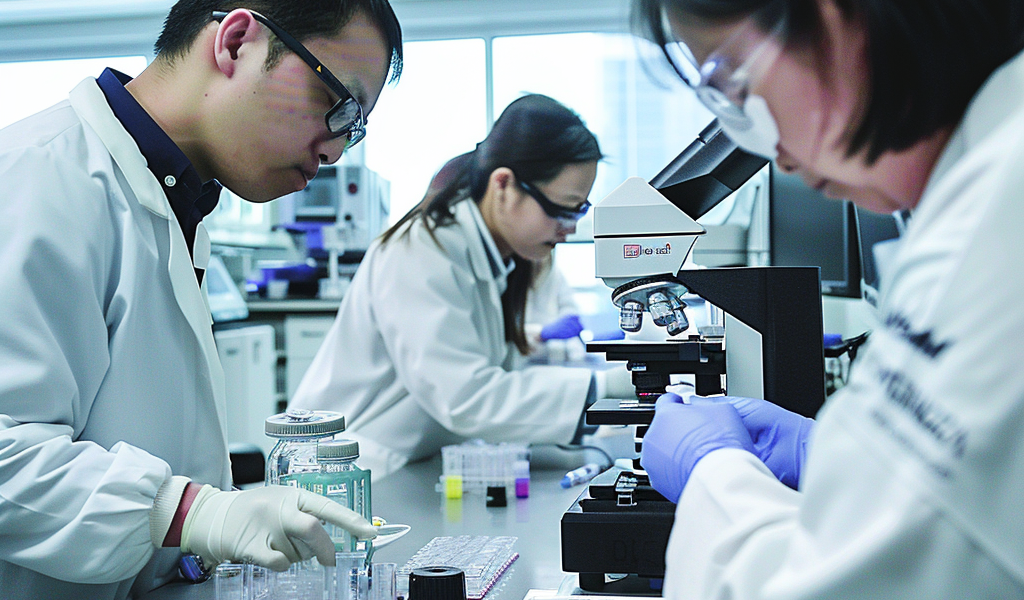Targeted protein degradation is a rapidly evolving field in pharmacology, offering potential new avenues for drug development. A recent study published in Nature has unveiled a novel approach to targeted protein degradation through the use of intramolecular bivalent glues (IBGs).
The traditional method of targeted protein degradation involves the use of proteolysis-targeting chimeras (PROTACs) or molecular glues to induce the proximity of an E3 ubiquitin ligase and a target protein, thereby promoting target ubiquitination and proteasomal degradation. However, the study introduces a new modality in targeted protein degradation, IBGs, which work by bridging protein domains in cis to enhance surface complementarity with E3 ligases for productive ubiquitination and degradation.
The research, conducted by Oliver Hsia, Matthias Hinterndorfer, and their team, utilized orthogonal genetic screening, biophysical characterization, and structural reconstitution to investigate the mechanism of action of IBGs. The study focused on bifunctional degraders of BRD2 and BRD4, demonstrating that IBGs simultaneously engage and connect two adjacent domains of the target protein in cis, effectively ‘gluing’ BRD4 to the E3 ligases DCAF11 or DCAF16.
Structural insights into the ternary BRD4–IBG1–DCAF16 complex guided the rational design of improved degraders with low picomolar potency, marking a significant advancement in the field of targeted protein degradation.
The study’s findings have far-reaching implications for drug development and could pave the way for the development of more effective targeted protein degraders with potential applications in various therapeutic areas.





